This conversation is in partnership with Stress Health, an initiative of the Center for Youth Wellness. All opinions are my own.

In this day and age we are all busy — even my friends with grown children are on the go. As a mom of three, I am keenly aware of the impact of our busy lifestyle on my children. Just as I want to be aware of the effects of day-to-day stress, I also want to be schooled on what to do should my children experience trauma and toxic stress. In my journey of learning about my Adverse Childhood Experiences and how they may affect my parenting, I am learning how to look for signs of toxic stress in children, too. But, more importantly, by partnering with StressHealth.org, I am learning the 6 ways to battle toxic stress in a child’s life!
Develop a Healthy Relationship Early
A healthy relationship with a child is easy to form. These guys come to us with the built-in capacity to love unconditionally. It is up to us as parents and adults to hone that trust. Something as simple as a comforting hug can help a child through a divorce or an abusive situation that can cause toxic stress. Getting to really know your kids, especially when they are gone all day at school, is a key to a healthy relationship. Ask them more than ‘How was your day?‘ Ask about friendships and how they think their teachers are treating them. Know about their lives so that they trust you in a time of toxic stress. You can help build a good relationship with your child for your child by setting limits but avoiding yelling or physical punishment.
Help your kids get enough sleep

People used to make fun of me because I was religious about my girls having a 7:30pm bedtime. Up until this school year, it worked for us. Now, with after school activities, bedtime is 8:30pm. Just as it is with adults, sleep heals so much. It allows our bodies to reset and our minds to take a break. Children who have had a traumatic event need their sleep to give their bodies time to cope. It may be hard for a child experiencing an Adverse Childhood Experience (ACE) to get to sleep. There is no harm in laying next to them or holding their hands as they drift off. We can sleep later… they need us now.
Paying attention to nutrition and family meals
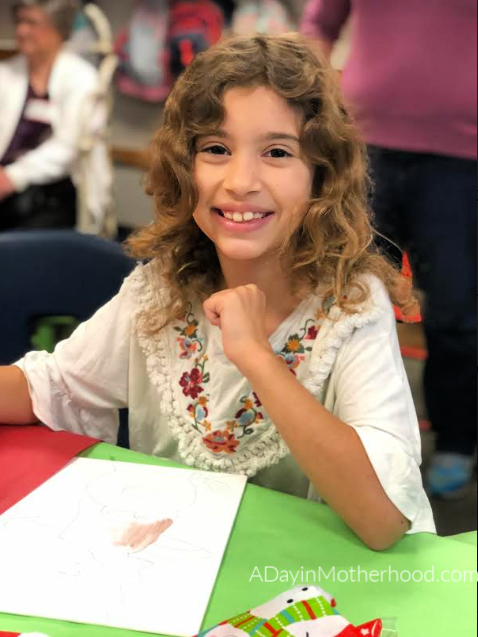
How I have managed – so far – to raise girls who have never had a soda, I don’t know. But I am glad because it is one less thing I have to monitor in their day-to-day nutritional plan. A healthy diet leads to a healthier body; in turn, a healthier body leads to a healthier mind. As we know, stress eating can lead to obesity, mood and sleep problems, and other health issues. So a child dealing with a toxic stress situation really needs your help to stay on a balanced diet. Eating meals together with no electronics can help everyone stay on track. The most important things? Eating together regularly and creating a warm, relaxed atmosphere at the table.
Help support good mental health
As a child of abuse, my adoptive parents knew that I needed professional help. So my therapy started at age 8, the year of my adoption. My adverse childhood experiences led to my not being able to sleep, unexplained tantrums and so much more. According to the Robert Woods Johnson Foundation, children between 3 and 5 who have lived through traumatic events are far more likely to have trouble calming themselves down. I know I had that issue. There is no shame in getting the mental health care we need, and that goes for kids, too. Having someone you can talk to is so important!
Get moving
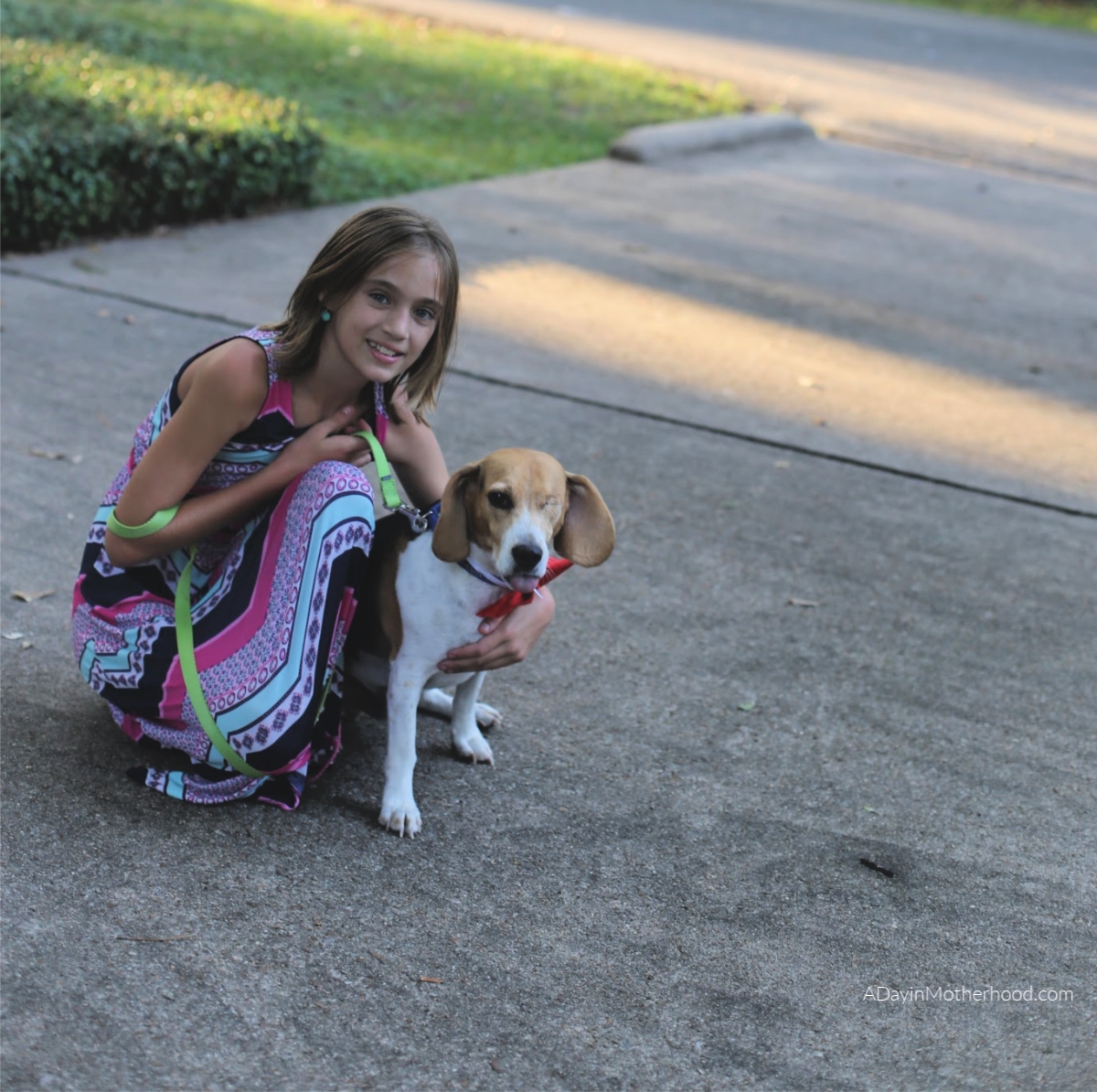
Just as exercise helps balance us as adults, it does the same for kids. Physical activity is a great way for children to manage stress and to ease feelings of anxiety and depression. It can actually reduce the stress hormones that can lead to toxic stress and helps release chemicals like endorphins that make them feel good. Exercise can be anything and does not have to cost money. Riding bikes as a family, throwing a ball or frisbee, setting up a run course in your backyard and ‘Who can do the most jumping jacks?’ works just as well. All children need exercise, but kids dealing with the toughest things in life can really benefit from it as well.
Teach mindfulness
No, this is not some new age guru type stuff. It is the simple act of teaching children to take a moment to think about how they are feeling and to accept it. Kids who have experienced trauma in childhood are often nervous and fidgety and lack the ability to calm down or get to sleep easily. Teaching
Physical activity is a great way for children to manage stress and to ease feelings of anxiety and depression. It can actually reduce the stress hormones that can lead to toxic stress and helps release chemicals like endorphins that make them feel good. Exercise can be anything and does not have to cost money. Riding bikes as a family, throwing a ball or frisbee, setting up a run course in your backyard and ‘Who can do the most jumping jacks?’ works just as well. All children need exercise, but kids dealing with the toughest things in life can really benefit from it as well.
6. Teach mindfulness
No, this is not some new age guru type stuff. It is the simple act of teaching children to take a moment to think about how they are feeling and to accept it. Kids who have experienced trauma in childhood are often nervous and fidgety and lack the ability to calm down or get to sleep easily. Teaching them to stop and think and to take calming breaths is so imperative. There are great ideas and tips for mindful techniques on StressHealth.org.
We all want children to just be OK. We would like them to escape childhood trauma, but sometimes it is just unavoidable. Knowing how to help only helps everyone involved!



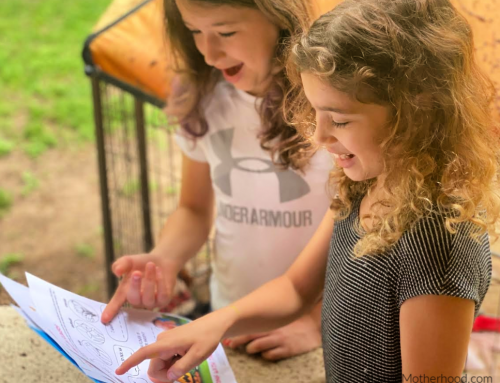

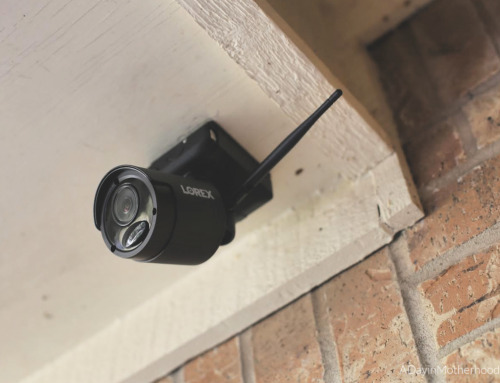
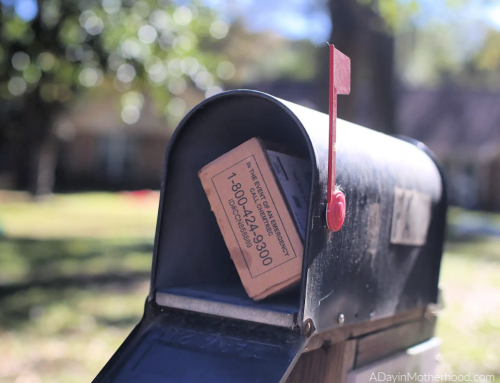

Leave A Comment